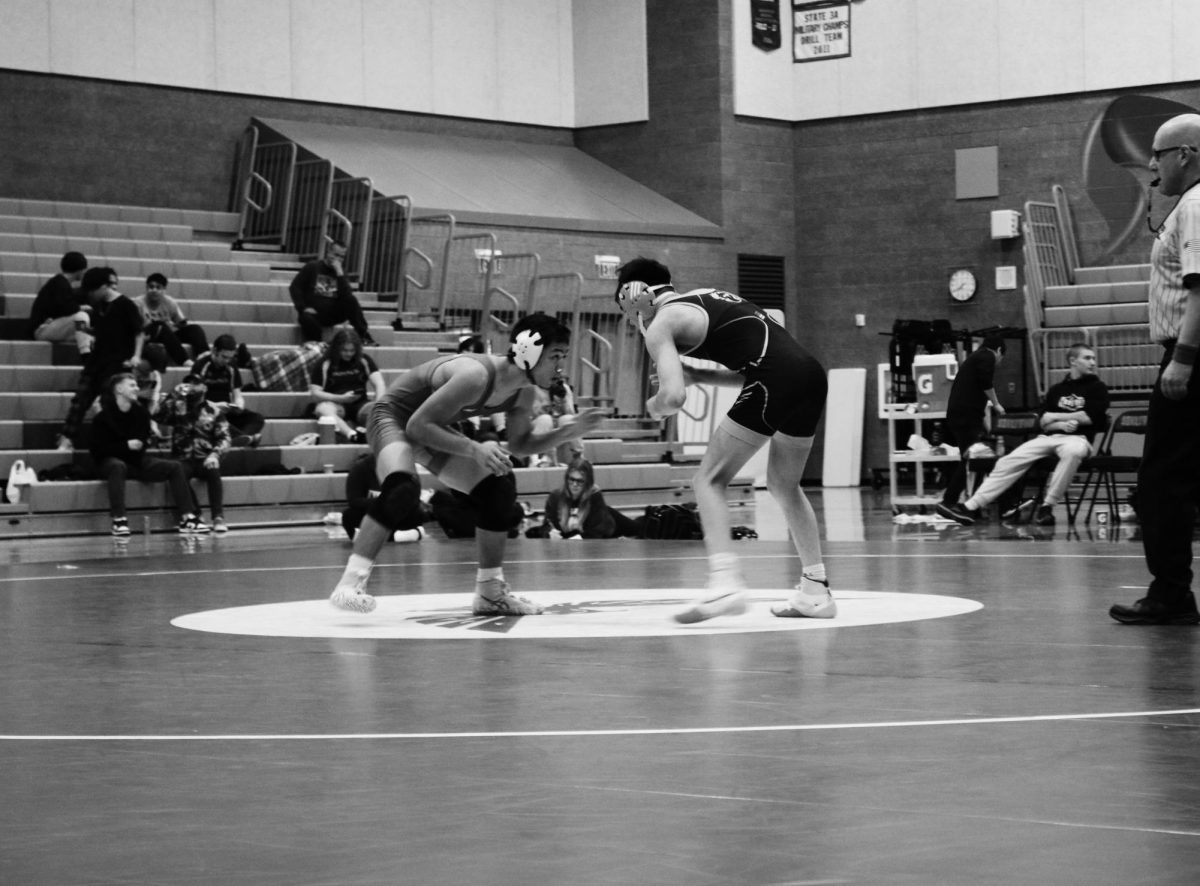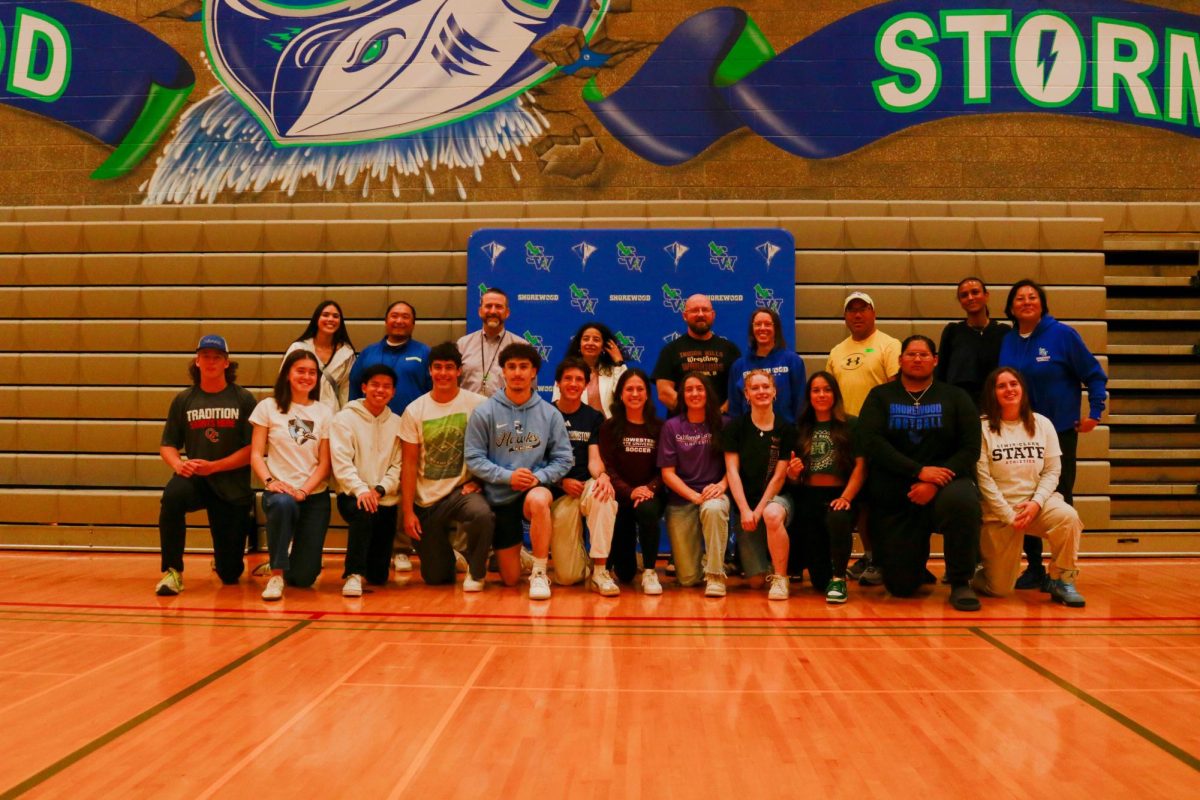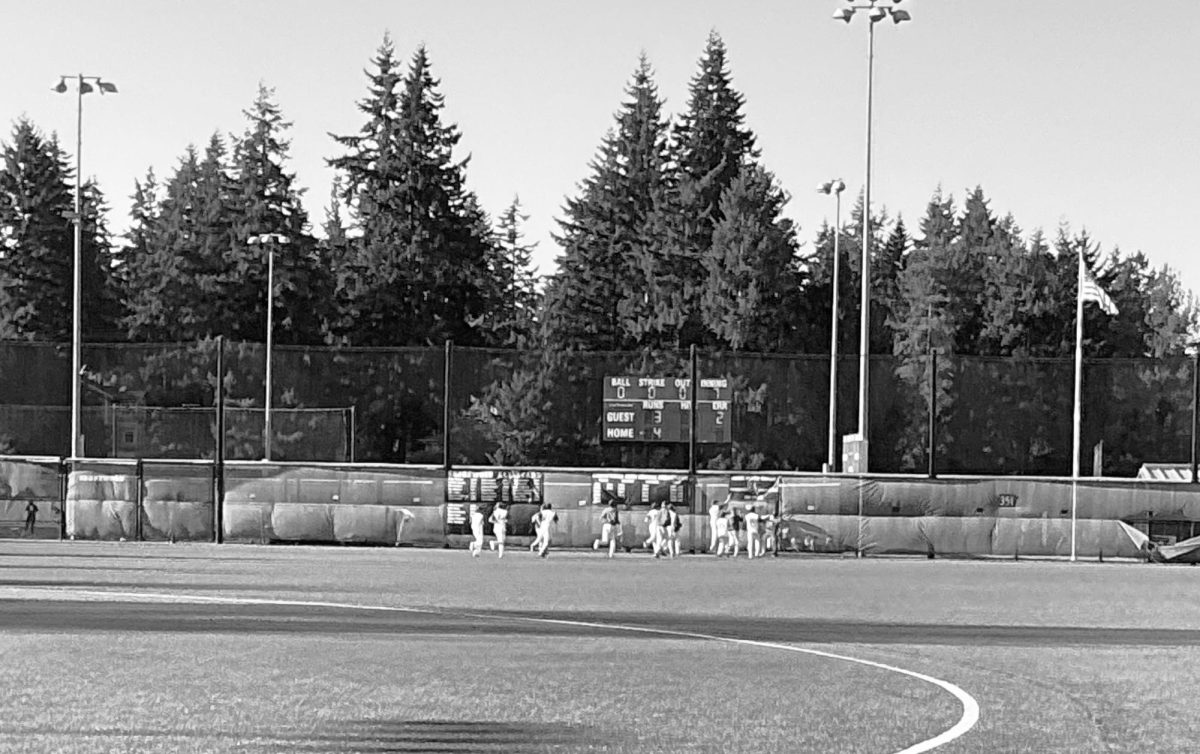Sweats and grits. Shouts and thuds. For an average person, the word wrestling creates a certain picture too powerful and too obvious that it becomes its only definition. For many athletes, wrestling means a lot of different things: from physical growth to disciplines, it is a sport full of highs and lows one might not expect.
“At surface level, you’re rolling around on a sweaty mat with sweaty people in unitards. But, I mean, it’s so much more than that,” said Libby Norton, junior captain of girls wrestling. Having a father who is the wrestling coach, Norton has been around wrestling for most of her life. But what actually made her love the sport is her teammates. “I just love being with the team and being around people who are working hard. Even though wrestling is a more individual sport, we are still a team because we practice together and because we are going through one of the hardest sports together,” said Norton.
The challenge of such a demanding sport can weigh heavily on the mind. “I think the biggest down is just losing. When you lose at wrestling, you have no ability to control your emotions. I’ve seen grown men cry because they lose at wrestling because it’s so physically draining,” said Norton. However, defeating that uncertainty and pressure can become an extraordinary experience. “I think one of the big positives about wrestling is watching your teammates who you might not know if they are gonna win or not. Watching them overcome whatever comes their way and watch them win…it’s so powerful, to be that inspiring really. It inspires me to be a better wrestler and it inspires me to be a better captain, watching them and hoping that I can help motivate them,” said Norton.
On the other hand, wrestling can also mean discipline and responsibility. “If you’re doing wrestling, everything else kind of falls in line too: you have to go to sleep early, wake up early, you have to get exercise, you have to keep your grades good, your diet has to be good,” said Rock Harris, senior captain of boys wrestling. In order to win matches against strong and hard-working opponents, it’s important to consistently train and keep yourself in good conditions. “One day if you call out sick from practice, great, it doesn’t affect the whole team. But at the end of the day, did your opponent call out sick that day? Regardless of what happens in your personal life, the world keeps turning… and that’s just a missed opportunity. That’s the bittersweet part of wrestling,” said Harris.
Masa Taura, junior in the boys wrestling team, added to what it takes to be a student wrestler. “I think the biggest thing for me just to get through all of that (wrestling and school) is to take it step by step, but not big gigantic steps, and really make sure that it’s an everyday discipline. It’s a pretty good skill for life,” said Taura. Keep practicing techniques and not dwelling on lost matches is how he overcomes challenges when it comes to wrestling, but it also becomes a model for a healthy lifestyle.
Wrestling has many faces other than the flashy and grappling scenery people often think about: it’s supporting friends, pushing through losses, getting disciplined, and learning to carry on no matter what comes in the way. “With a positive attitude, hard work ethic, and never giving up…I’m working to get better everyday,” said Taura.








